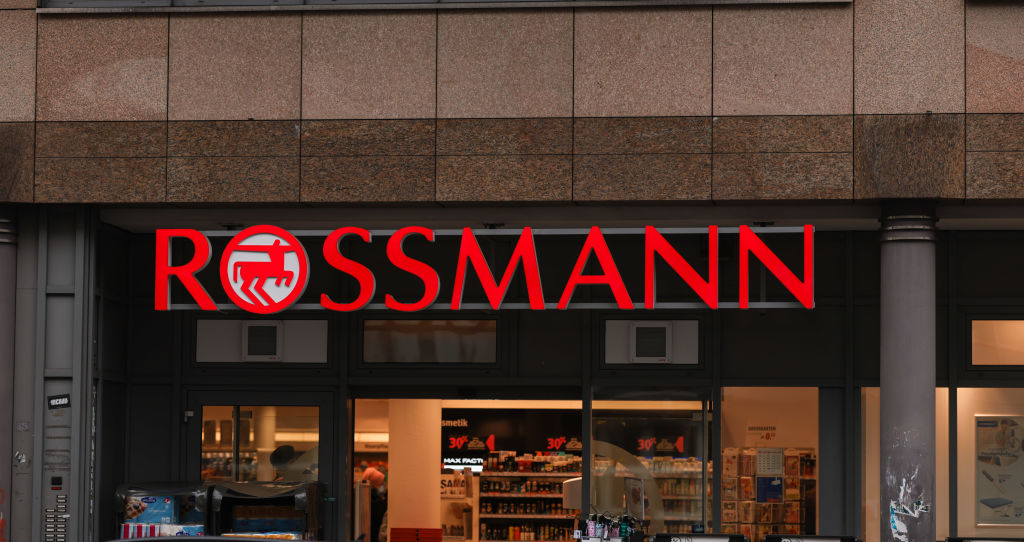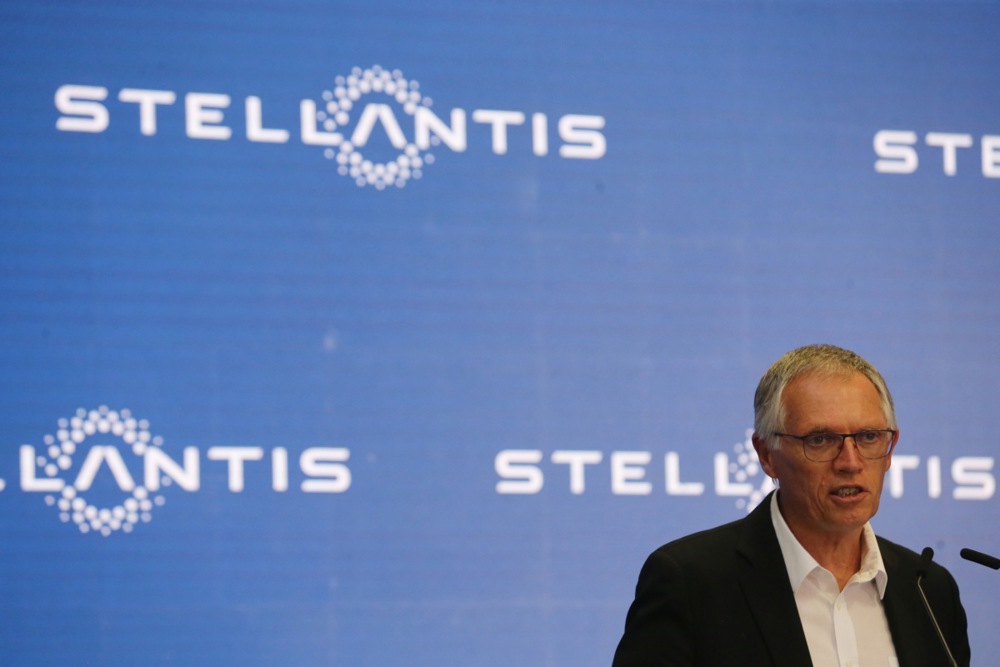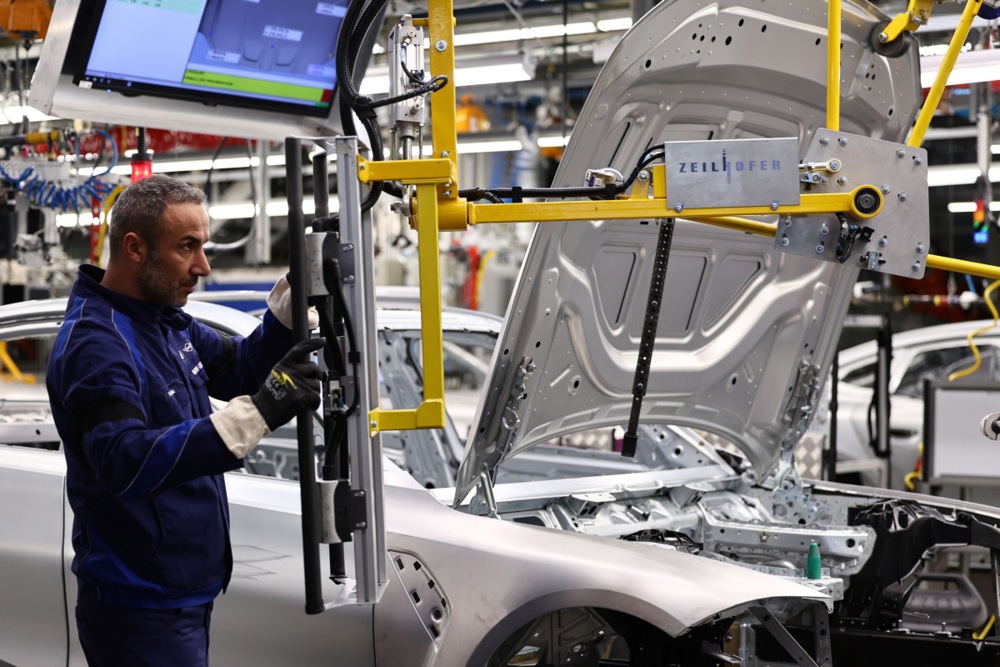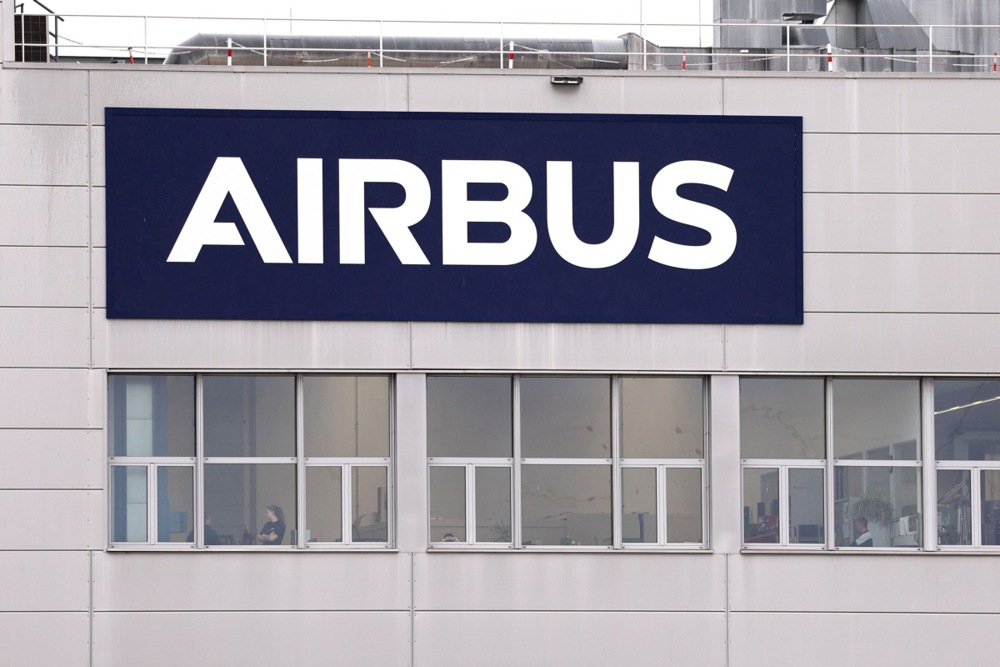In a bid to comply with the European Union’s increasingly stringent CO2 emission targets, several European car manufacturers have been purchasing carbon credits from electric vehicle giants Tesla and Polestar.
This strategic move has helped the vehicle makers to avoid penalties, saving them millions of euros.
Renault’s CEO Luca De Meo had warned in 2014, that the upcoming 2025 CO2 emission regulations could impose a €15 billion cost on European carmakers.
The EU now mandates a strict emissions cap of 93.6 grammes of CO2 per kilometre for new vehicles. Failure to meet these targets could result in a fine of €95 per gramme of excess CO2 per vehicle, as per the European Commission rules.
Automakers including Japan’s Toyota, Stellantis and the US-based Ford have pooled their emissions with Tesla, while Volvo and Polestar are collaborating with Mercedes-Benz.
This tactic has allowed them to balance their fleet emissions by leveraging the lower or zero emissions of electric vehicles but it has also raised concerns about the long-term impact on Europe’s automotive industry.
Critics have argued that relying on carbon credits from competitors boosts those rivals’ profits from these sales, undermining the EU car industry.
In 2024 Tesla’s carbon credit sales contributed almost 3 per cent of its $72 billion revenue.
Renault has voiced its frustration at the situation, highlighting the fact that many manufacturers were left with no choice but to adopt measures that were counterproductive for them.
“Without a clear position from the European Commission, the manufacturers are forced to make counterproductive decisions such as purchasing credits from competitors, potential production cuts, etc. This leads to the weakening of the European industry,” Renault said on January 8.
In December 2024, the European People’s Party (EPP) in the European Parliament had called for “temporary relief measures” to help the industry avoid fines under the EU’s current CO2 emission reduction rules.
The EC showed little support for this initiative at the time.
As the EU has pushed for “greener” targets, aiming for a zero-emission fleet within a decade, the current strategy may hinder genuine progress in reducing greenhouse gases.
In 10 years, the EC fleet-wide C02 emissions target for cars and vans is zero grammes of CO2 per kilometre, corresponding to a 100 per cent reduction.





